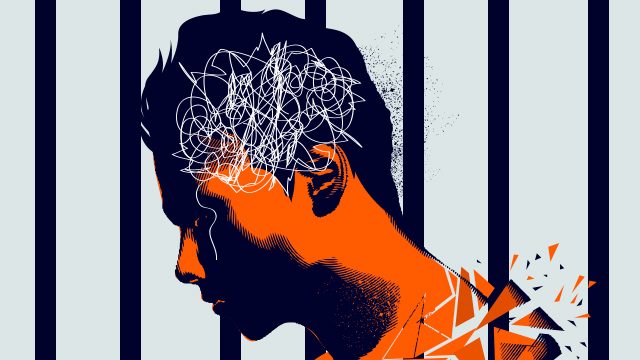SUMMARY
This is AI generated summarization, which may have errors. For context, always refer to the full article.

GENEVA, Switzerland – United Nations experts on Sunday, January 13, urged Pakistan to stay the “arbitrary execution” of a former police officer suffering from mental illness, just days before his sentence was to be carried out.
The appeal comes two days before Pakistan was scheduled to execute Khizar Hayat, a 55-year-old former police officer who was sentenced to death in 2003 for shooting a colleague.
“The imposition of capital punishment on individuals with psychosocial disabilities is a clear violation of Pakistan’s international obligations,” said Agnes Callamard, UN expert on extrajudicial executions and Catalina Devandas, the special rapporteur on disabled rights.
Hayat, who has spent more than 15 years in custody, has been kept in solitary confinement since 2012, they said, urging the government to halt the execution and questioning the veracity of his conviction.
“During his trial, no evidence or witnesses were called in his defense and no questions were asked regarding his mental health, although he was later diagnosed with a mental health condition and has been receiving treatment for the past 10 years,” they said.
The execution order was issued just two weeks after the Pakistani Human Rights Commission issued an order directing a stay of the execution in his case on humanitarian grounds.
“Implementing the death penalty under these conditions is unlawful and tantamount to an arbitrary execution, as well as a form of cruel, inhuman or degrading punishment,” the UN panel said.
Two years ago, experts from the World Psychiatric Association also appealed to Pakistan to halt his execution, saying he was suffering from schizophrenia and did not understand the crime he had committed.
Government doctors had diagnosed Hayat as suffering from schizophrenia in 2008. A petition to move him to a mental health facility was dismissed on 6 December 2018, the experts said. – Rappler.com
Add a comment
How does this make you feel?
There are no comments yet. Add your comment to start the conversation.